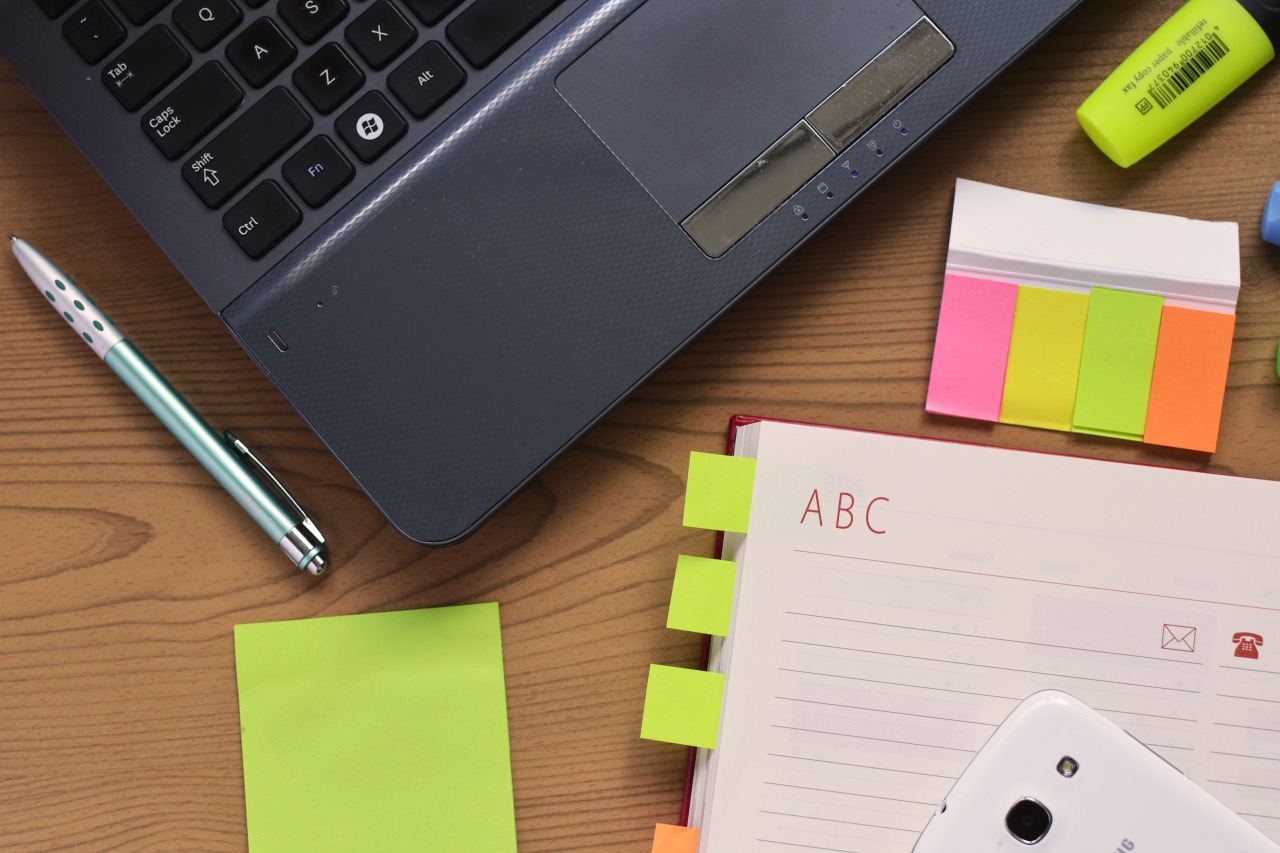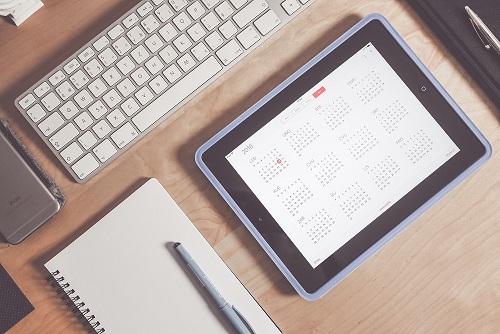Tips to Help You Manage Time Better and Stay Motivated
Time management is tough, whether you’re good at it or not. Because it’s not just about managing time wisely, it’s about being productive with the time you invest.

It’s possible to waste hours – even when you are working – if you're unorganized or have not chosen a proper goal. You might find yourself browsing social media or perusing online storefronts instead of working.
Every once in a while, you might have a day where you don’t feel motivated or inspired. It happens to the best of us, and it’s difficult to get your drive back when it happens.
It helps if you have an action plan, or a method of attack. You can get yourself back on track quicker than if you just keep plugging away without a game plan.
Here are some tips to keep you on task and motivated.
1. Spend 30 Minutes Planning Your Day
Before you begin working each day, spend 30 minutes planning out what you want to do. The easiest way to do this is to write down a list of goals for the day, which you can pour through. But you can also rely on time management software or mobile apps to do the same.
Whatever works best for you is the way to go. You will need to experiment and find out what that is.
If you get stuck or feel unmotivated, the list will help you complete your projects by forcing you to stay on task.
2. Take Small but Frequent Breaks
Remaining sedentary for too long can affect productivity. If you are working long hours – especially if you are sitting – then it’s best to take frequent but small breaks to rejuvenate your focus. During your breaks, get up, get some water, and stretch.
Don’t focus on work during your breaks, take an actual break and let your mind recuperate.
3. Block Out Time for Important Tasks
 There will be times that you don’t know how long a particular task or project is going to take, and that’s okay. However, you should block out a certain amount of time in your schedule for important tasks. For example, you could choose to work on a report for an hour. After that hour is up, you move on to another task.
There will be times that you don’t know how long a particular task or project is going to take, and that’s okay. However, you should block out a certain amount of time in your schedule for important tasks. For example, you could choose to work on a report for an hour. After that hour is up, you move on to another task.
This does several things. First, it allows you to continue through your list of tasks, in turn staying productive. Second, it allows you to gauge how long that project will truly take to finish. After that first hour you should know enough to decide how long it’s going to take.
This strategy also works wonders when you find yourself stuck or unable to continue with a certain task. You at least have the option to move on and finish other work.
4. Minimize Distractions
This is a tough one, but you need to do your best to minimize any and all distractions. This means avoiding sites like Facebook, Reddit, or YouTube. If you work from home separate yourself from your family and kids. Turn off the TV and opt for music if you like background noise.
Of course, everyone is different, so all our distractions are different. You need to find your own way to remove them from the equation.
5. It’s Okay to Say “No”
Don’t overload yourself with work. If you know that something on your daily list is going to take a while to complete, don’t take on extra work. It’s okay to admit when you cannot handle something, and it’s certainly okay to turn down work that would affect your productivity.
This goes hand-in-hand with our next tip, but try to focus on a small number of tasks at a time. You’ll have greater success focusing on one or two projects than several. This will mean saying no to tasks when your agenda fills up.
6. Stop Multitasking
 Humans were not made to multitask. No matter how good you think you are, it’s time to stop.
Humans were not made to multitask. No matter how good you think you are, it’s time to stop.
Did you know that multitasking will not only decrease your productivity by as much as 40%, but it will also decrease your IQ and shrink your brain?
If you have to, look up tips and tricks for giving up multi-tasking. Focus instead on monotasking, or working on a single task at a time. You’ll soon find that not only are you more productive, you’re more accomplished, as well. Monotasking allows you to focus more of your energy and brainpower on a single task, which results in better work all around.
7. Go Off the Grid
Responding to emails, colleagues, and office interruptions can be a real problem when you’re trying to stay focused. Spend some time each day on these tasks, especially dealing with your emails. Then, move on completely and stay off the grid.
Avoid answering emails later in the day – while you’re working on other things – unless it’s an absolute emergency.
8. You Don’t Have to Complete Everything
The whole point of scheduling your day in advance, is so you're spending time each day on the most important projects. Hopefully, you’re not planning work the day before the deadline. Not only is that stressful, it’s not good for productivity or the quality of your work.
It’s impossible to get everything done, all at once anyway. Drop the mindset that you need to complete everything in one go. Arrange your schedule so that you have the appropriate amount of time to finish your work before it’s due. Work on the more important tasks first, and the least important tasks later.
Follow These Tips to Stay Productive
We hope you enjoyed our guide to staying productive and managing your time wisely. Hopefully, it helps you stick to your day-to-day tasks!
Photo credit for "Multitasking in the Park": CarbonNYC [in SF!] via Visualhunt.com / CC BY
Related Articles:
Tips for Dealing with Daylight Saving Time
What Is a Time Zone
Everything You Need to Know About Leap Day